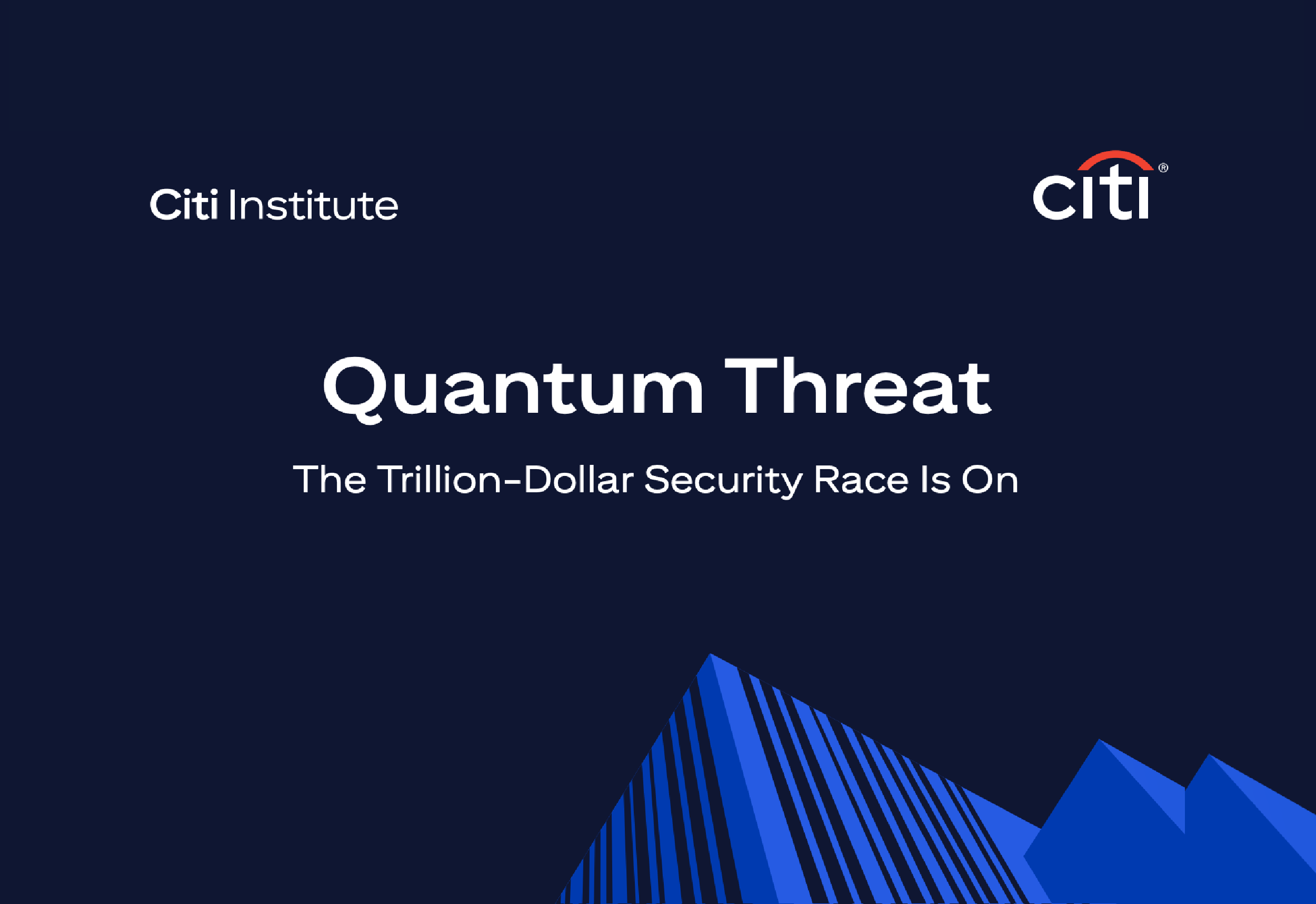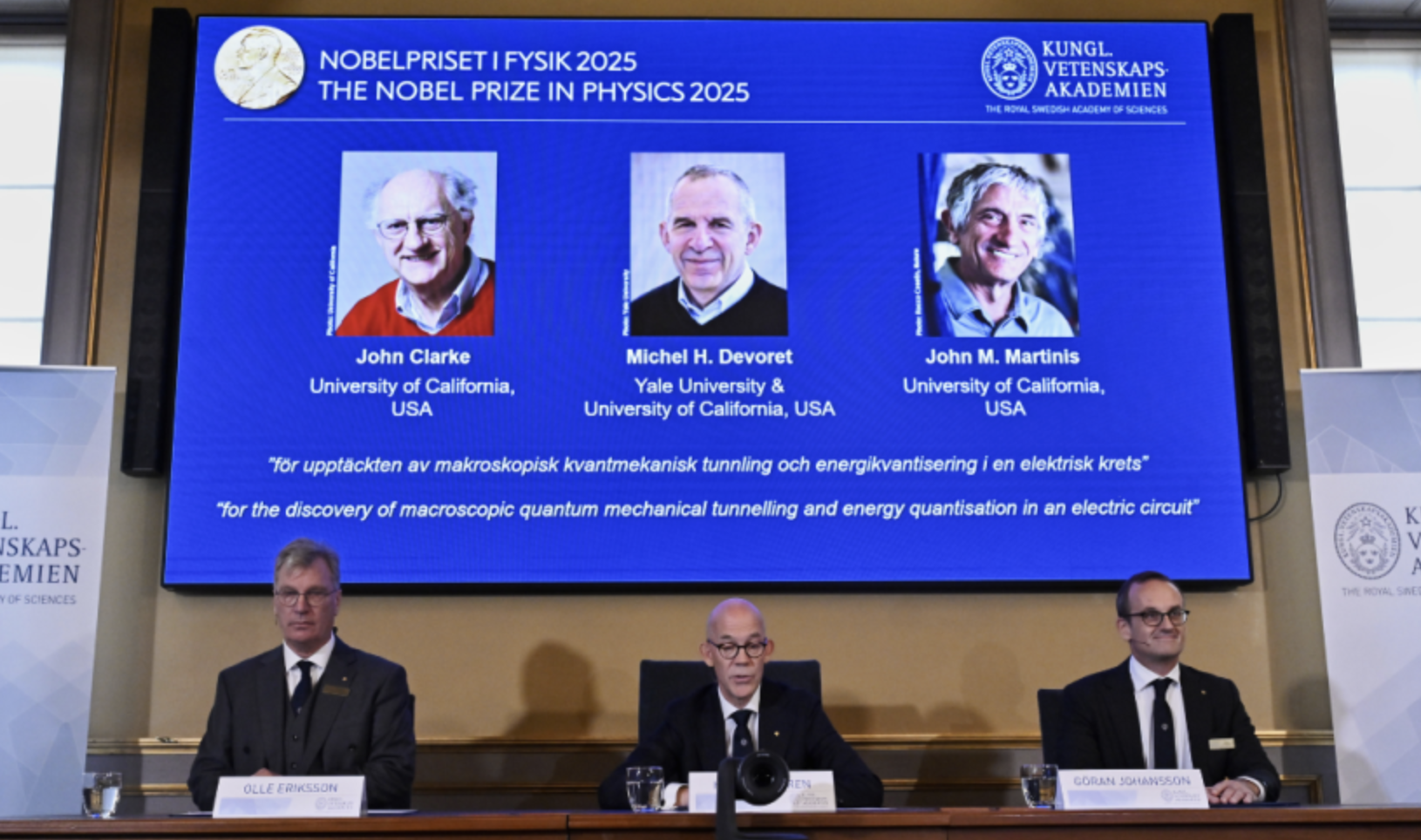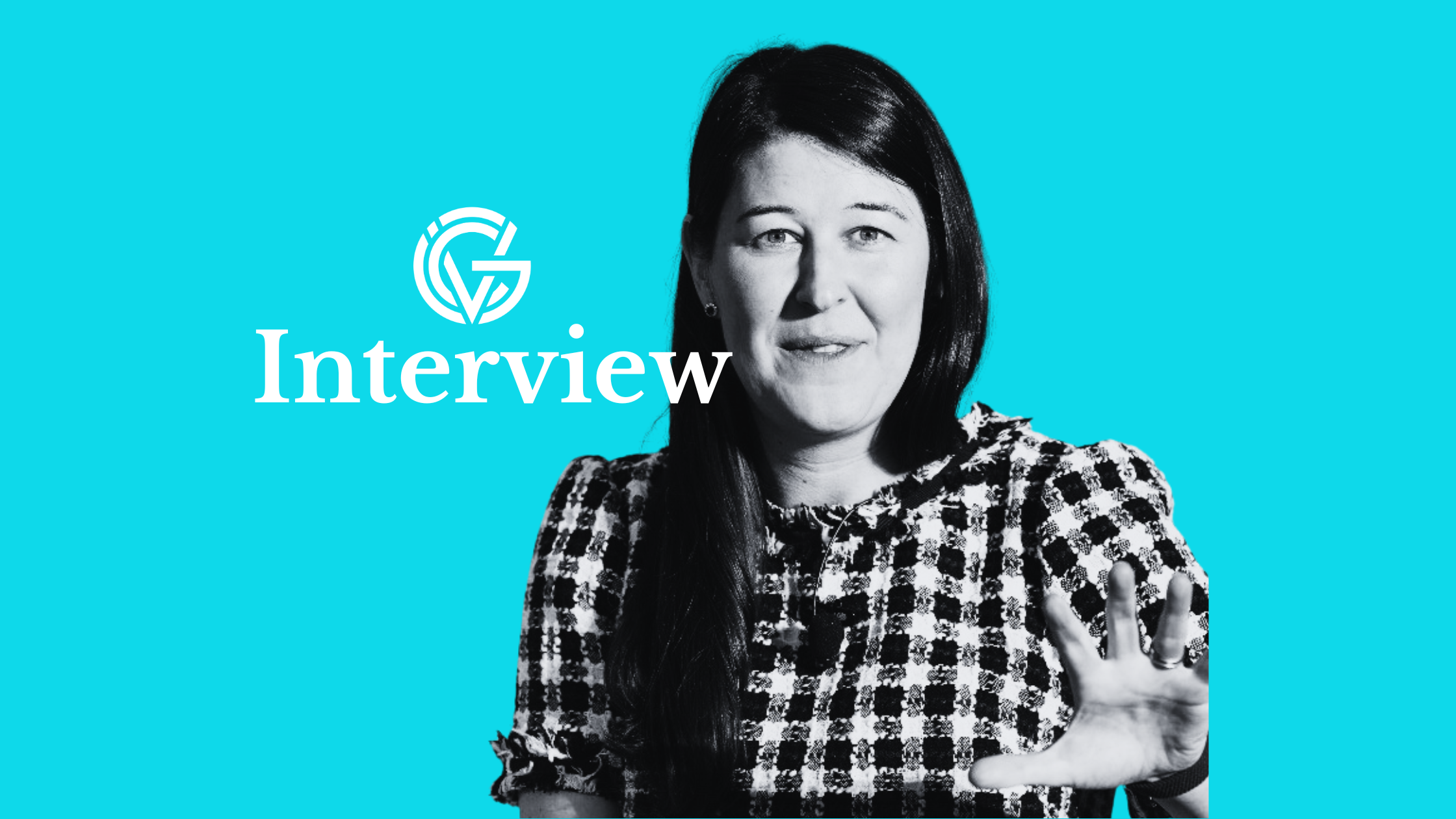
Insider Brief
- Bank of America strategist Haim Israel said quantum computing could surpass artificial intelligence in impact, unlocking massive datasets, breaking encryption, and shifting global tech dominance.
- Quantum systems could reach practical utility by 2033, with early applications in pharmaceuticals, cybersecurity, and large-scale optimization problems.
- Israel warned that Israel lags behind global powers in quantum readiness, while the U.S., China, and EU accelerate investment amid minimal regulatory oversight.
Quantum computing may be the most consequential technology of this century, capable of rendering current encryption obsolete, redefining AI, and redrawing the global balance of power, according to a new analysis by Bank of America.
In a wide-ranging interview with Israeli tech publication CTech, Haim Israel, Managing Director and Global Strategist at Bank of America, laid out a stark view of the quantum future — one with both immense opportunity and significant risk. He described quantum computing not as a technological leap, but as a reset, one that could unlock vast untapped datasets, upend cybersecurity norms and shift the advantage in global innovation from today’s tech superpowers to whoever achieves quantum maturity first.
Israel said the global economy is on the verge of harnessing a computational power that will eclipse even artificial intelligence (AI) in scale and impact. He warned that Israel and other countries risk falling behind, while the U.S., China, and the European Union are accelerating investment.
You Say You Want a Revolution
Bank of America’s research team recently released a report comparing the rise of quantum computing to transformative events like the discovery of fire or the invention of the internet. Their reasoning is rooted in data: humans generate more than 400 quintillion bytes of data daily, yet only a fraction — about 1% — is currently usable due to the limits of classical computing.
“In other words, 99% of global knowledge is not saved, not consumed and not used,” said Israel, as reported by CTech. “We do not have the suitable tools. Although our computing powers are continuously growing, we are still unable to do all that we want and to utilize more of the global data. Quantum computing is the first technology to enable it.”
Unlike classical computers, which process information in binary (1s and 0s), quantum computers use quantum bits, or qubits, which can exist in multiple probabilistic states simultaneously. Quantum computers use these features of quantum mechanics explore many possible solutions.
Israel pointed to recent demonstrations of so-called “quantum supremacy,” where quantum processors performed calculations in minutes that would take classical supercomputers longer than the age of the universe to complete. Though these are early-stage experiments, they underscore the massive potential of the technology once it becomes practical.
Israel added: “For example, take Google’s announcement about their quantum chip that, in five minutes, successfully completed a complex calculation that even the most powerful computer today would have done in 10 septillion (10, followed by 25 zeroes – MCR) years — longer than the universe exists. And we are seeing more such announcements being published.”
AI for the Masses, Quantum for the Elite
While artificial intelligence is already transforming industries by spotting patterns in vast datasets, Israel views it as merely a warm-up act for quantum computing. He described AI as “quantum computing for the masses” — useful, powerful, and revolutionary in its own right, but still dependent on classical computing backends. Quantum machines, once scaled, will supercharge these systems and tackle problems even the most advanced AI models today cannot address, according to Israel.
However, quantum systems are not general-purpose machines. Consumers are unlikely to see personal quantum computers. Instead, these systems will run in data centers, serving highly specific, industrial-scale needs, from simulating molecules for new pharmaceuticals to optimizing supply chains or financial portfolios.
“Another thing to acknowledge is that it is not a technology that we’ve ever seen,” Israel told CTech. “You and I will not have a quantum computer on our desk. It will not send me e-mails or run Fortnite. It is a computer built for completely different computations. It reaches the top of our best scientific capabilities, solving the truly complex issues that humanity cannot reach.”
Countdown to Quantum Advantage
Bank of America’s analysts estimate that by 2033, quantum systems will reach “quantum advantage” — the point at which they can consistently outperform classical computers in meaningful tasks. According to Israel, this projection is no longer speculative. Multiple forces are accelerating timelines, including AI-led progress in quantum simulation and a surge of investment from both governments and the private sector.
Historically, predictions for quantum computing have been pushed decades into the future. But over the last two years, timelines have shortened as research breakthroughs, hardware improvements, and growing geopolitical interest converge.
The technological potential of quantum computing makes Israel seem more worried about this prediction being too late, rather than too early.
“We don’t want to wake up one day, like we did in November 2022 (when ChatGPT was launched – MCR), only to discover that the world had completely changed,” Israel told CTech. “I don’t know exactly when it will happen, but we want to be prepared. The schedules are constantly getting shorter.”
A Race With Global Stakes
The geopolitical stakes are high because unlike the semiconductor industry, which is dominated by entrenched players like the U.S., Taiwan and South Korea, quantum computing offers a rare chance to reset the playing field. Israel argued that whoever leads in quantum technology will enjoy decisive economic and security advantages — and it may not be the current technology leaders.
The U.S., China, and the EU are currently leading the pack in funding and talent. Israel noted that while Israel has some promising academic and startup activity, including at institutions like the Weizmann Institute, it remains far behind the global top tier. Despite past announcements about becoming a “quantum threshold state,” he said there is little clarity on what that means or how it translates into international competitiveness.
Encryption at Risk
The most immediate risk is to cybersecurity, the strategist said. Quantum computers, once sufficiently advanced, will be capable of breaking most existing forms of encryption. Public-key cryptography — the backbone of secure internet communication, financial transactions, and digital identity — relies on mathematical problems that are hard for classical computers but easy for quantum ones.
Even quantum computers with relatively few qubits could eventually undermine blockchain systems, cryptocurrency mining and encrypted data storage, according to Israel. Efforts are underway to develop quantum-resistant encryption algorithms, but adoption is uneven, and the clock is ticking.
“It’s human nature to think that everything will be alright, that we’ll all be happy,” Israel said. “I think that there are many dangers and they are growing exponentially. Today, we can see the negative side of AI in deep fakes, cyber, privacy, hackers or anything else. Quantum computing can take all of the evil we see today to much higher and more extreme levels.”
Despite the risks, regulatory oversight is minimal. Israel described regulators as overwhelmed and behind, particularly given the rapid pace of AI and quantum development. He also suggested that leading nations may have little incentive to slow progress. In his view, countries are unlikely to restrain a technology that promises such a commanding lead in security and economic influence.
The problem is compounded by a fundamental human tendency to underestimate disruptive technologies until their consequences are unavoidable. Israel drew a historical parallel to nuclear energy, a technology with enormous promise that quickly became weaponized. He warned that quantum computing could follow a similar trajectory unless public and private institutions move faster to anticipate the risks.
Beyond the Hype
Skeptics often compare quantum hype to past failed tech trends, such as the Metaverse, which fizzled without a clear application or business model. But Israel pushed back on that analogy. He said that unlike the Metaverse, quantum computing has clear use cases — in pharmaceuticals, materials science, climate modeling, and cryptography — and real investment momentum. It is not about digital experiences, but about solving problems that classical computers fundamentally cannot.
The first practical applications are likely to appear in pharma and chemistry, where quantum systems can model atomic interactions that are too complex for classical machines.
“A quantum computer is supposed to solve problems that humanity cannot at the moment,” Israel told CTech. “If I look on the positive side of course, pharma and anything related to chemicals is classic. AI has already changed this industry completely. The second thing that I think we’ll see much faster is in the encryption and cybersecurity industries. Anything related to big data is going to change completely.”






























































